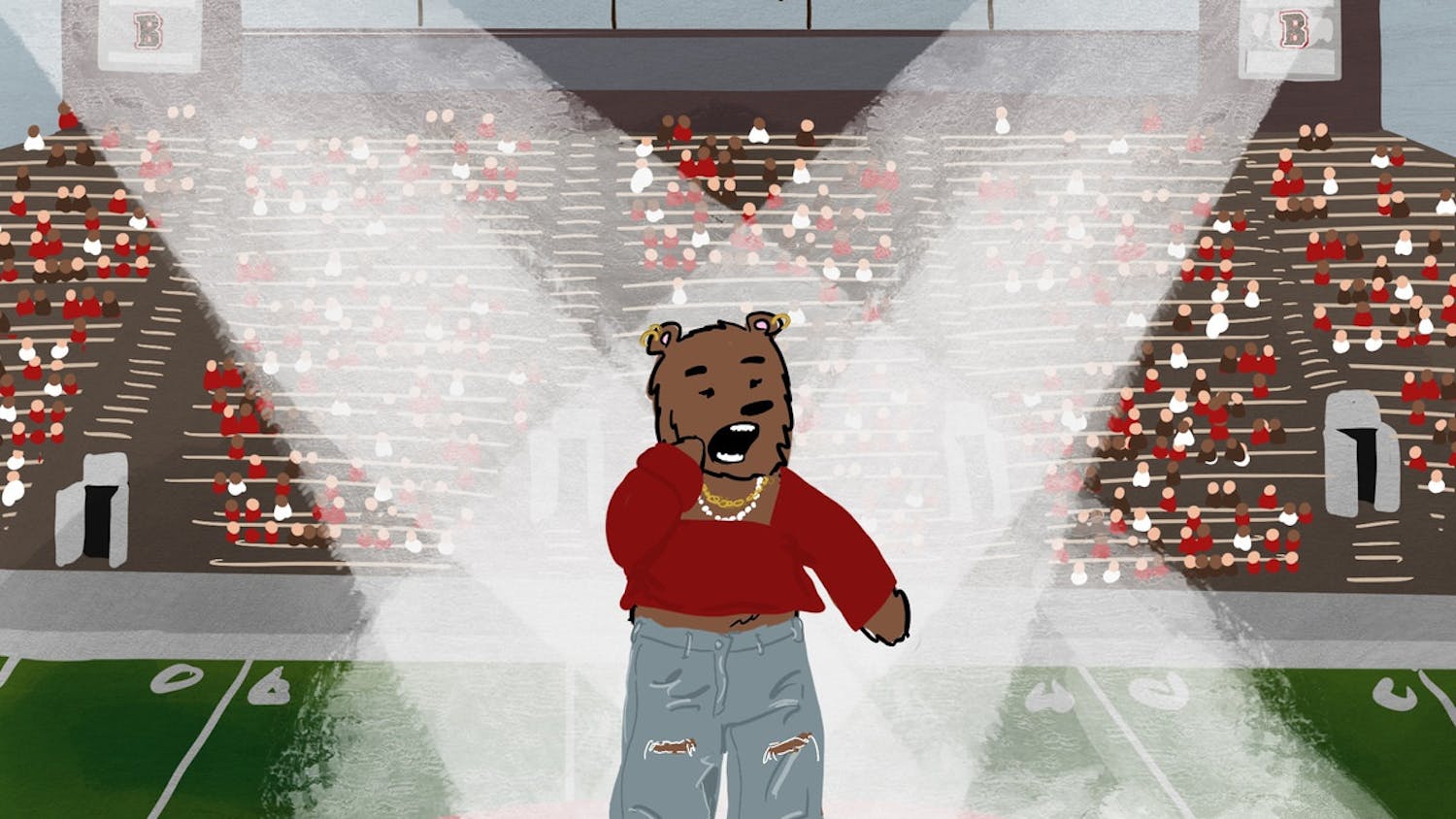Since its founding in 1997, the University’s English nonfiction program has offered a variety of courses exploring the academic essay, narrative writing, journalism and more to students from any concentration at the University. While the nonfiction track offers students a multitude of classes to choose from, the program has one non-negotiable rule: Each student is evaluated under a mandatory Satisfactory/No Credit grading system.
“From the outset, we decided to make S/NC mandatory primarily because we wanted, and still want, students to work on their writing for themselves rather than for a grade,” said Senior Lecturer in English Lawrence Stanley, who was involved in the founding of the program.
The program seeks to allow students “to experiment and to take risks and to work through numerous drafts” in order to get the most experience from the program’s offerings, Stanley said.
But according to Haider Dhalla ’25, the program’s strict S/NC grading system has discouraged him from pursuing courses within the program’s expansive curriculum. Dhalla, who entered the University intending to concentrate in English on the nonfiction track, ultimately decided against the concentration.
“I was considering experimenting with some of the courses in the nonfiction department for a while,” Dhalla said. “But the pass/fail policy had a major influence on my decision to switch gears.”
Dhalla explained that while he had considerable interest in the field of nonfiction writing, he would rather have the option to take his classes for a grade in order to demonstrate a strong academic repertoire on his transcript.
“I really wanted the opportunity to … (take classes) for a grade, because if I end up wanting to apply to graduate schools, then I’d be able to show them actual letter grades to prove I can do academic work,” he said.
Dhalla is not alone in his concern about taking primarily S/NC classes. Makieda Mckenzie ’25 explained that as a prospective pre-med student, she feels more inclined to pursue humanities courses that still allow for a quantitative demonstration of her abilities.
“I’m definitely interested in writing, but ultimately, I have to make sure that I can be just as strong of an applicant as other pre-med students who are only taking classes for a grade,” she said. “I’d rather explore other Brown humanities departments that don’t have as rigid (of) a (grading) structure.”
According to Carol DeBoer-Langworthy, senior lecturer in English, the pass/fail system aims to push back against a grade-focused mentality.
“I love the pass/fail system because what we really hope to see is students trying new things and taking risks in these writing courses instead of … trying to figure out what they need to do to please their teacher,” she said. “I’m always trying to get students to write their own stories and to just write what they think and feel.”
DeBoer-Langworthy acknowledged that while the program’s grading system was established to benefit students, she has heard several complaints critiquing the mandatory structure.
“Plenty of students don’t approve of (the policy),” she said. “I’ve had students lobby me to change an S into an (S with distinction) because it would make the difference between this honor or that honor.”
But for DeBoer-Langworthy, these criticisms of the program’s grading structure are deeply rooted within a larger problem.
“With everybody at all of these colleges now getting all As … the whole grading system is faulty now, it’s broken,” she said. In the 2020-21 academic year, 67% of grades at Brown were As — and 10% of grades were Bs, The Herald previously reported. The proportion of As awarded to Brown students has risen steadily since the 1990s.
In this regard, the University’s nonfiction writing program restricts students from being consumed by trivial letter grades and encourages them to engage with the course freely and productively, DeBoer-Langworthy said.
Leaving the choice of taking a course S/NC up to students “just doesn’t work,” DeBoer-Langworthy said. “If (students) had the option (of receiving a grade), there would be a divide between the grade-grubbers and the other people who are really wanting to learn something from the process.”
She added that students can also request a course performance report from their professors across all University disciplines if their specific circumstances require measurable academic evaluations.
“A professor can indicate that, had this course been graded, the student would have received whatever score,” she said. “And the student receives that and it can be attached to (their) transcript.”
Above all, students should “realize how important writing is going to be for the rest of your life,” she added.
“Brown students are good writers and they just need to practice more,” DeBoer-Langworthy said. “Stop worrying about the perfect grade. You’re supposed to try to be true to yourself as much as possible. That’s what will make you a better writer.”

Sofia Barnett is a University News editor overseeing the faculty and higher education beat. She is a junior from Texas studying history and English nonfiction and enjoys freelancing in her free time.





